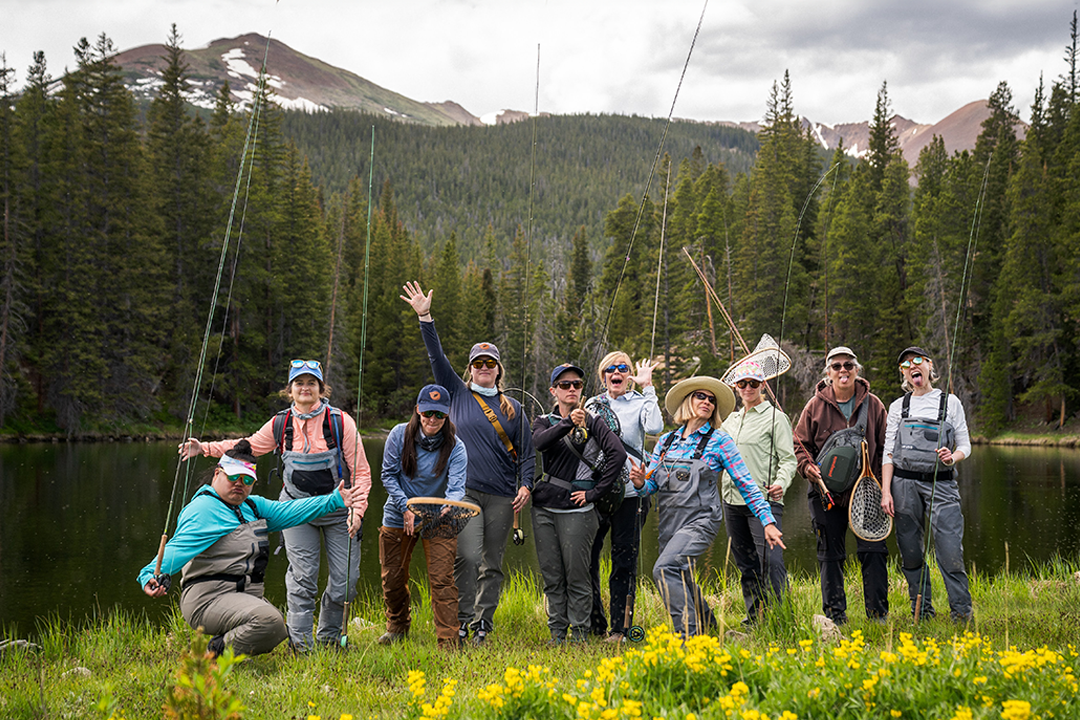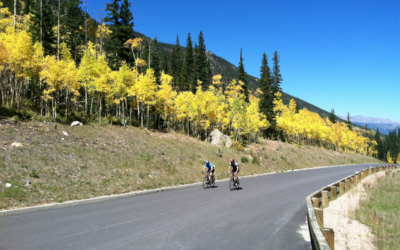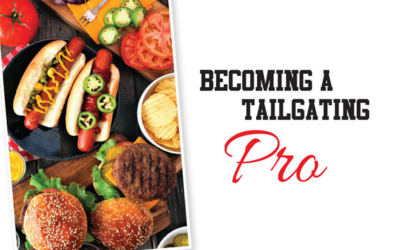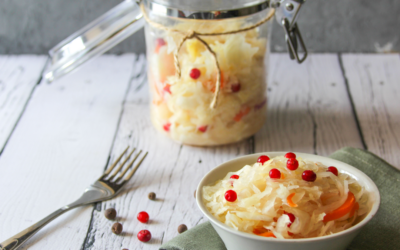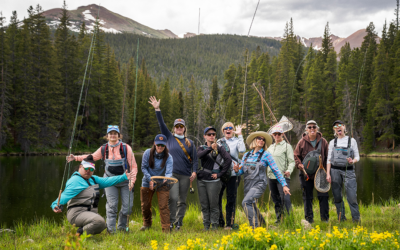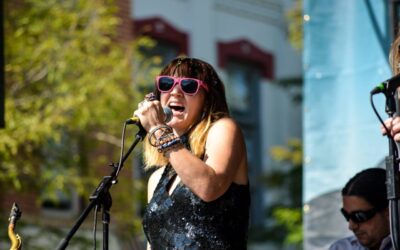Erin Crider
Owner and founder of Uncharted Outdoorswomen
In 2016, Erin Crider was a financial advisor who wanted to try hunting. She began looking for a guide who didn’t turn her off, but she came up empty.
She now runs Uncharted Outdoorswomen, which she believes is the only outfitter in the country to employ all female guides in multiple states. When she started it in 2021, she saw it as a business opportunity.
“It’s no secret that women are the fastest growing demographic in the outdoors,” Crider says. “They just need opportunities to gain confidence in new skills with a community that is welcoming.”
That doesn’t happen very often in a guiding world rampant with machoism, she says, and to prove her point, she says many men are sick of macho guides as well. In fact, men are some of her best customers.
“The bro culture isn’t for all men,” Crider says. “Most are thankful to have found us.”
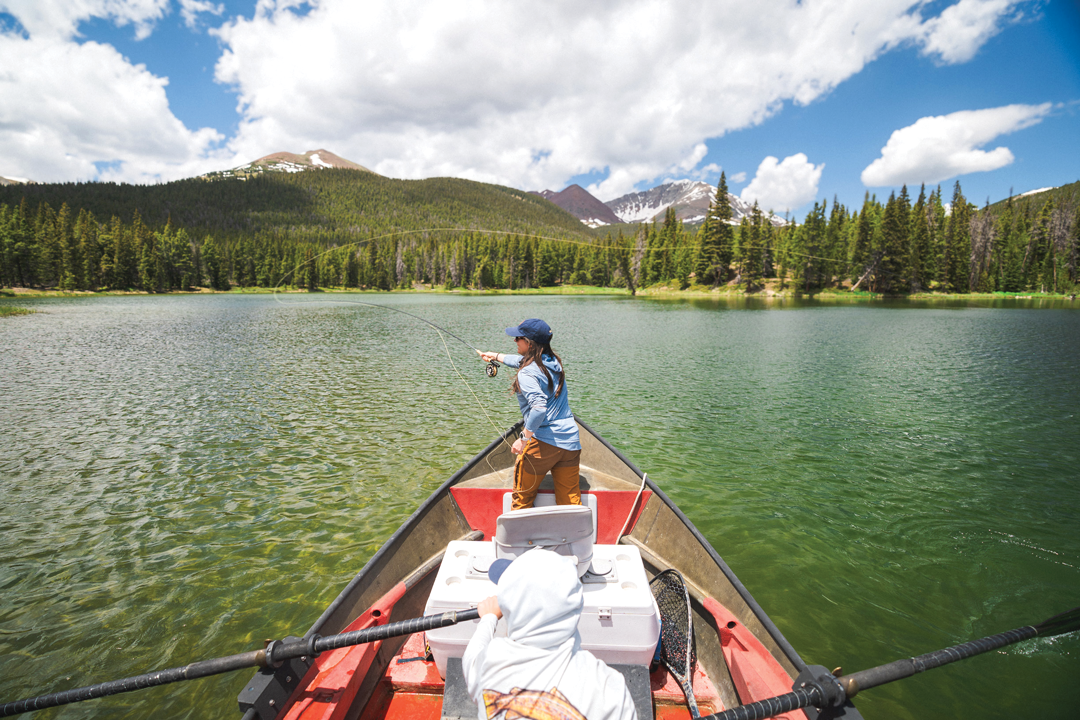
Erin Crider, owner and founder of Uncharted Outdoorswomen.
She lives in Black Hawk and operates Uncharted Outdoorswomen with Colorado as her home base, but she also has guides in Oregon, Montana and Wyoming. Her guides lead hunting camps and trips—including big game, waterfowl, grouse and rabbits—as well as archery and shooting camps (Charcuterie & Clays is a popular one). They also host off-roading trail drives, fly-fishing clinics and urban homesteading classes focused on foraging, canning, beekeeping, cheesemaking and more.
It can be especially difficult for women to learn how to hunt, she says. Some are triggered by seeing a man carrying a gun because the last time they saw that, the gun was pointed at them, she says. Others were sexually harassed by male outfitters when they tried to learn.
“We are over discrimination,” Crider writes on her website. “Over it.”
She prefers to focus on the community she’s fostering by creating space for women who are eager to explore. She’s noticed that a class full of women often breeds confidence in other women, even unintentionally.
“They look to each other for connection and support,” she says.
Crider believes that hunting needs women. The sport struggles to maintain strong numbers as older generations age out and younger hunters aren’t as interested or end up moving to urban areas where it’s hard to find places to hunt. The money from hunting and fishing licenses contributes to habitat conservation and management of fish, waterfowl and big game, she says, which, in turn, keeps the sport feasible for everyone.
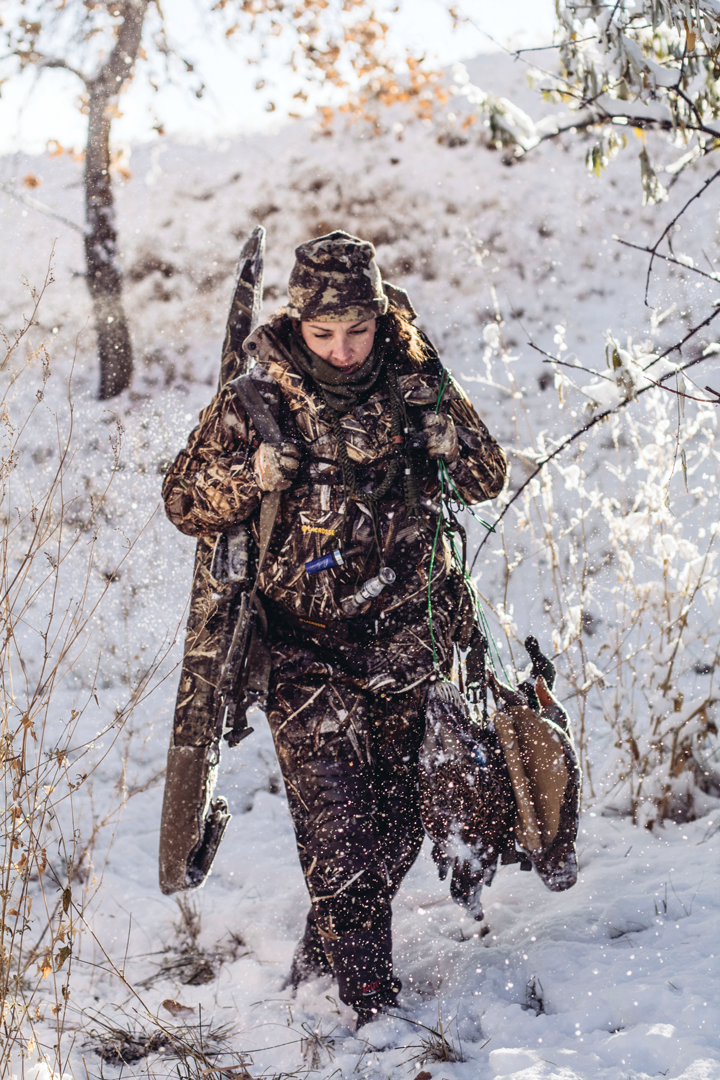
Photo by Chris Dowell, Dowell & Co.
The industry is catching on, she says, but it may take a while for women to be embraced in such a traditionally male-dominated space.
“Waterfowl hunting lodges are recognizing that women can fill their rooms,” Crider says. “But I’m hoping the younger generation is the one who really opens doors.”
Crider has hope. Last year, more women purchased licenses in Colorado than ever before, she says, and she takes pride in that, especially with how busy she is now.
“I’ve definitely made an impact,” she says. “It doesn’t take that many of us to increase the numbers.”
Kelly Kimple
Owner of Adventures in Good Company
When Kelly Kimple interviewed for a job with Adventures in Good Company, the owner and founder, Marian Marbury, offered her a path to a new life.
Marbury admitted that she would eventually sell the business, which she started in 1999, and said that if Kimple was interested, she would sell it to her. That’s not something you normally hear while interviewing for a job, but Kimple took the offer seriously and bought the business four years ago, just three months before COVID-19 changed everything.
“That was very hard,” she says. “For the first couple of years, I was just in survival mode.”
Now that the pandemic is in the past, she’s thriving and expanding opportunities for other women to get outside and explore, with domestic and overseas adventures guided by women. Her trips aren’t all easy excursions, either. Many involve multi-day backpacking trips, long hikes, rafting and exploring national parks. She rates them by difficulty on her website.
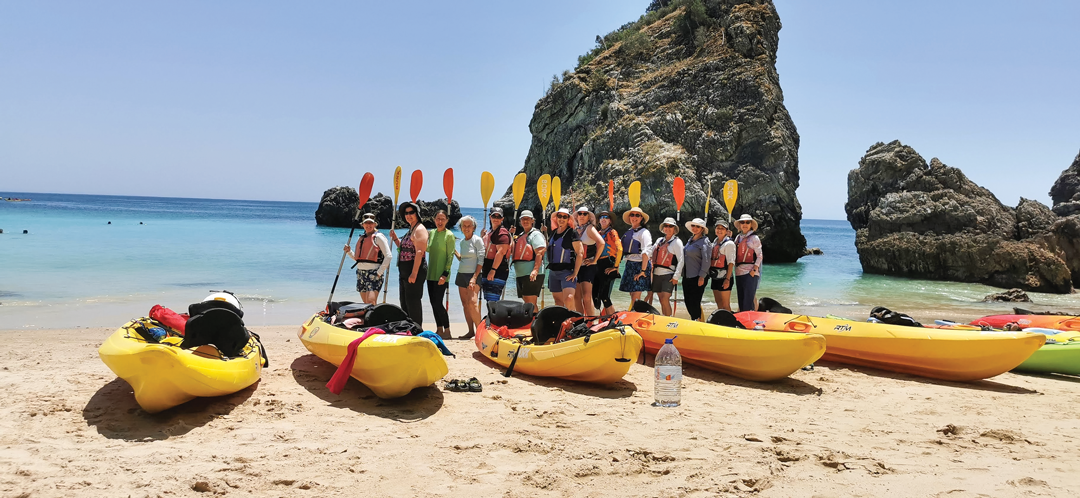
Kelly Kimple, owner of Adventures in Good Company, with a group she took to Portugal.
The company’s mission fits Kimple’s own lifestyle. She moved to Fort Collins 20 years ago and worked as a field and research biologist before becoming an administrator at Colorado State University. She eventually left that profession because she didn’t want to be stuck in an office all day.
“CSU was a secure job,” Kimple says, “but I wanted something else.”
Marbury started Adventures in Good Company from the ashes of Woodswomen, a nonprofit that pioneered outdoor recreation opportunities for women from the late ’70s through 1999. Marbury, who guided for Woodswomen, built her own business with the same philosophy. It was exactly what Kimple wanted.
“It feels more comfortable to be in a space with other women,” Kimple says. “There’s more camaraderie, no competition and you can connect over shared experiences. It’s more organic when you have a group of women together.”
Women, especially those over age 50, feel more comfortable trying new things when they’re with other women, she says.
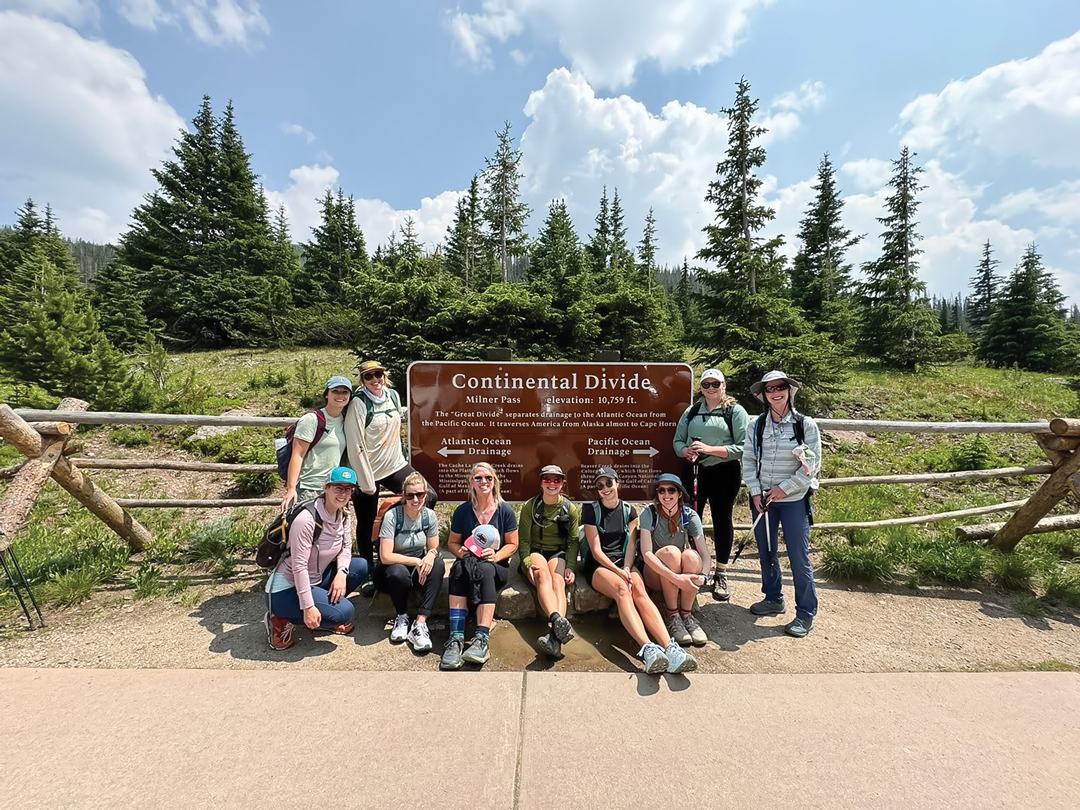
Kelly Kimple with a group she took tothe Continental Divide.
“It allows for a space where there’s no judgment,” she says, “and they can form lasting friendships.”
Kimple’s trips provide plenty of time outside travelers’ comfort zones, following a trend of the last 10 years that saw women pushing their boundaries in extreme sports and activities, she says.
“When we started, we were one of the first of our kind,” she says, “but we’ve seen a huge shift in the industry. Women want to do more than go to a spa or a restaurant.”
That means more competition for her, but she’s ready, with trips to more than 100 destinations planned, including Africa, Asia, South America, Europe and Canada, as well as trips across the American West and East. She offers a high guide-to-client ratio, and she calls each client to give them a list of gear to bring and informs them of ways to prepare physically and mentally for their adventures. She expects her clients to come for an adventure and contracts with more than 50 guides around the world, nearly all of whom are women, to go on trips, along with her 13 full-time employees.
“We get away from the tourist traps,” Kimple says. “We want our clients to explore using their own power. They’re intense. It’s not the vacation for everyone.”
Kimple has two kids, a 14-year-old son and a 12-year-old daughter, and she hopes they are watching what she’s doing, both in running a business and going on her own adventures.
“It’s important for my son to see this, too,” Kimple says when she’s asked if having a daughter inspires her in her adventure business. “I want it to be motivation for them to try hard things.”
Dylan Demery
Owner and co-founder of She’s Fly
Dylan Demery started fishing in 2010 as a way to honor and grieve the love of her life. But after feeling unwelcome in the sport, she started her own fly-fishing company, She’s Fly, to help other women bypass the icky parts of learning how to fish.
Demery, of Fort Collins, loved Tony, her late husband, since she was 12. She thought they would be together forever, but after he passed away suddenly at age 31, she turned to one of the few things she had left of him. Tony loved fishing so much that he would sometimes stop by a river or pond after work. When he would pull in a fish, he’d greet it—“Hey, little dude”—before releasing it back into the water. Demery found his fishing gear and used it to try the activity for herself.
She surprised herself by falling in love with it. However, Tony’s waders didn’t fit her, so she wandered into a store to buy her own. That’s when the trouble began.
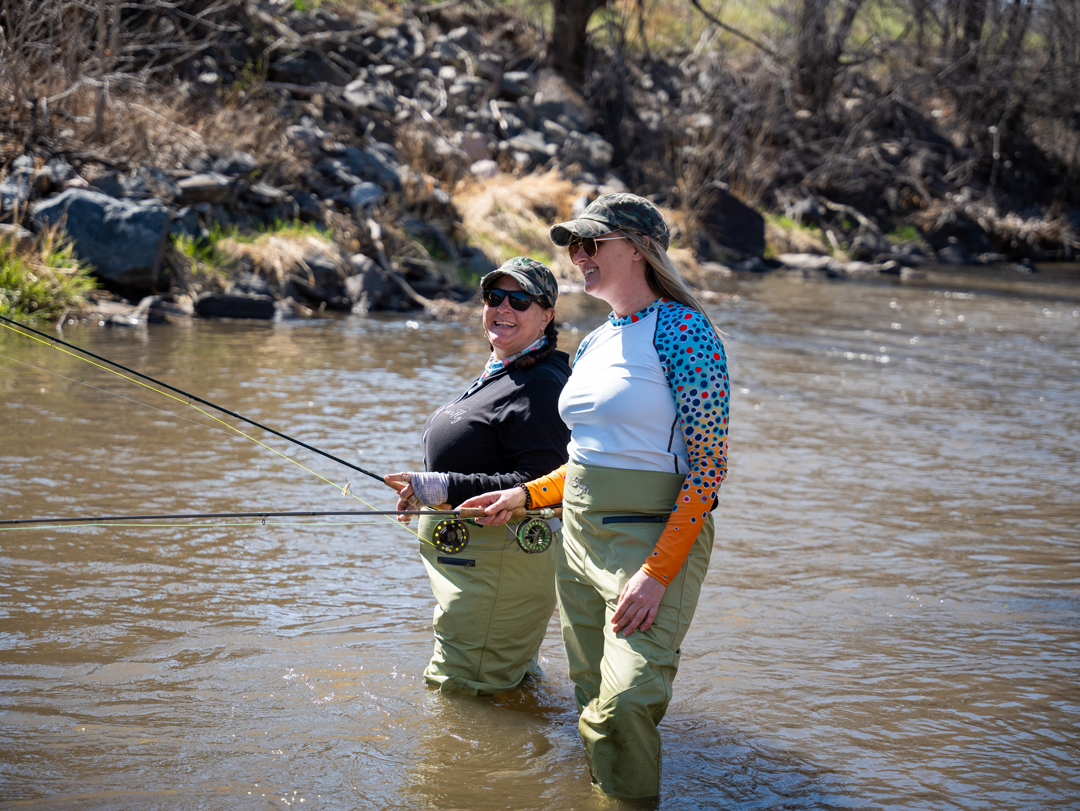
Dylan Demery (left) and Emily Anderson, co-owners and co-founder of She’s Fly.
“Are you here for your husband?” the store clerk asked her, and that wasn’t even the worst of it, says Emily Anderson, Demery’s business partner, fishing buddy and marketing director.
“The gentleman helping us was kind,” Anderson says, “but his eyes went straight to her chest. At that point, we both wanted to do things differently.”
For Demery and Anderson, that has meant offering fly-fishing classes and getaways for women as well as selling women’s fly-fishing gear. When Demery originally went to buy her own gear, women’s waders stopped at size 14. She wasn’t a size 14. Nearly 70 percent of U.S. women aren’t.
Some women will walk out of a store rather than ask for a larger size, Demery says, so she offers a wider range.
As of the end of July, Demery was in the middle of her biggest retail year to date, and her retreats and classes were sold out. She plans to expand beyond Colorado for the first time in 2025 by offering trips to New York. She even continued working after her father died a couple months ago because she found it therapeutic.
“I was fishing in the Big Thompson, just low-key fishing with ladies, and I was helping with technique and nets. It was all so incredibly peaceful and healing for me,” she says. “I started fly-fishing because of grief, and I’m going through another grief time in my life. The business is helping me heal.”


